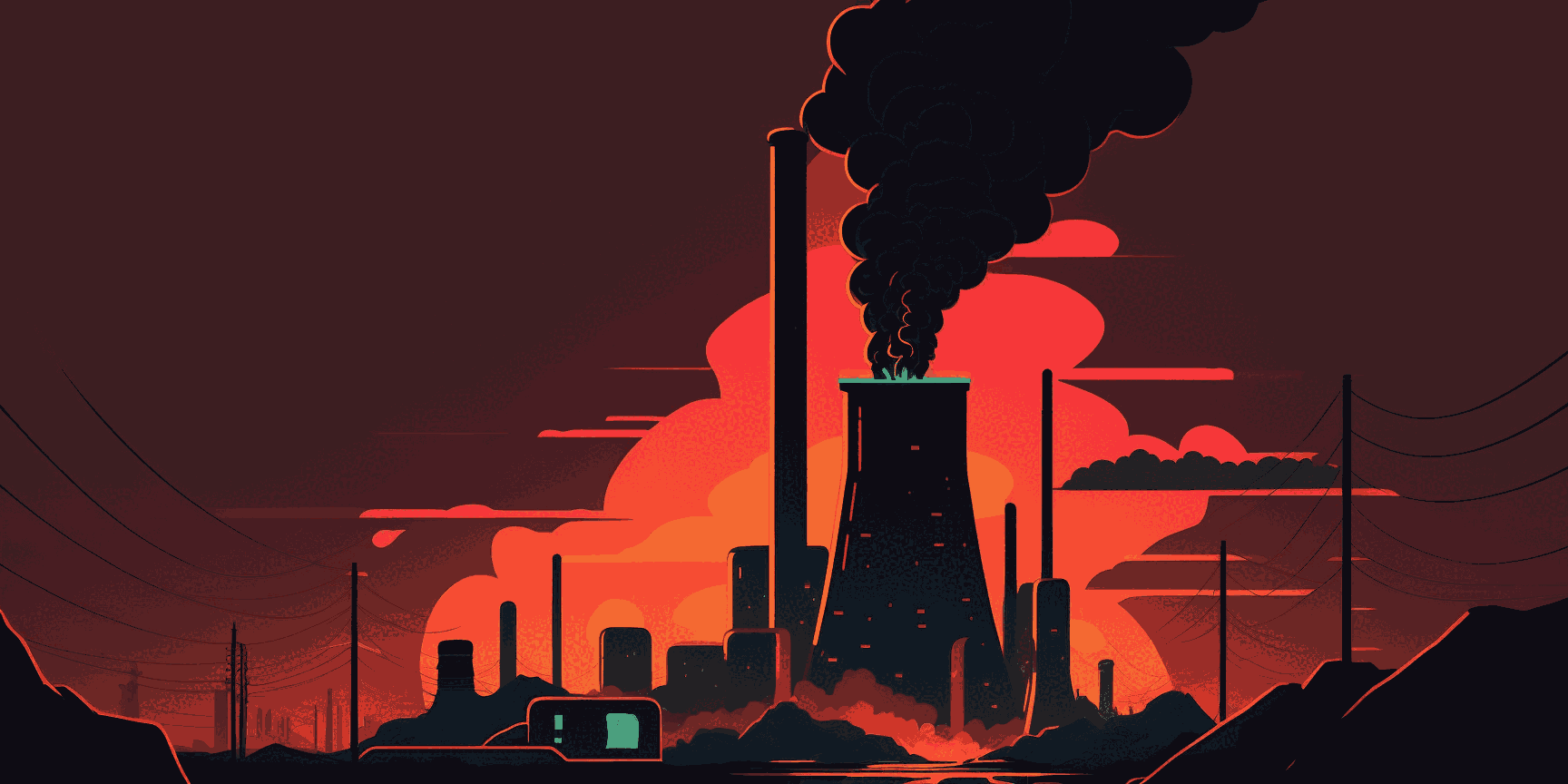Fossil Fuels And The Climate Crisis: Igniting The Flames Of Destruction
Are we igniting the flames of destruction? A closer look at the impact of fossil fuels on the climate crisis
Table Of Content
- Introduction
- The Burning Of Fossil Fuels
- The Climate Crisis
- Mitigating The Impact Of Fossil Fuels
- Conclusion
- Cause
- Is Caused By
Introduction
Fossil fuels have long been the cornerstone of the world's energy production. Coal, oil, and natural gas power our homes, businesses, and industries, driving the modern world forward. However, the use of these fuels is also one of the leading causes of the climate crisis we face today. The burning of fossil fuels for electricity production is not only harmful to our planet but also poses a threat to the health and well-being of people worldwide. In this article, we'll explore the impact of fossil fuel use, how it contributes to the climate crisis, and what we can do to mitigate its effects.
The Burning Of Fossil Fuels
Electricity production is one of the primary uses of fossil fuels, and it is estimated that approximately 38% of global CO2 emissions come from burning coal, oil, and gas for energy. When fossil fuels are burned, they release carbon dioxide (CO2) and other harmful pollutants into the air. These emissions contribute to the greenhouse effect, which traps heat in the atmosphere, leading to global warming.
The use of fossil fuels is not only a threat to the environment but also poses a significant risk to human health. Air pollution from the burning of fossil fuels can cause respiratory problems, heart disease, and other health issues. The World Health Organization estimates that air pollution causes seven million premature deaths each year.
The Climate Crisis
The climate crisis is one of the most pressing issues facing the world today. It refers to the long-term changes in the Earth's climate, primarily driven by human activities such as the burning of fossil fuels. The effects of the climate crisis can be seen in rising temperatures, melting glaciers, and sea-level rise. These changes have far-reaching consequences for our planet, including more frequent extreme weather events, food and water shortages, and the displacement of millions of people.
Mitigating The Impact Of Fossil Fuels
Despite the challenges posed by fossil fuels, there are steps we can take to mitigate their impact on the environment and human health. One of the most effective ways to reduce our reliance on fossil fuels is to transition to clean, renewable energy sources like solar and wind power. By doing so, we can significantly reduce our carbon emissions and promote sustainable development.
Another way to reduce the impact of fossil fuels is through energy efficiency. This involves using less energy to accomplish the same tasks, such as using energy-efficient light bulbs or improving insulation in buildings. Energy efficiency not only reduces our carbon footprint but also saves money on energy bills.
Conclusion
The use of fossil fuels for electricity production is one of the leading contributors to the climate crisis. Burning coal, oil, and gas releases carbon dioxide and other pollutants into the air, leading to global warming and harmful air pollution. To mitigate the impact of fossil fuels, we must transition to clean, renewable energy sources and promote energy efficiency. By doing so, we can help safeguard our planet for future generations and ensure a healthier, more sustainable future for all.





